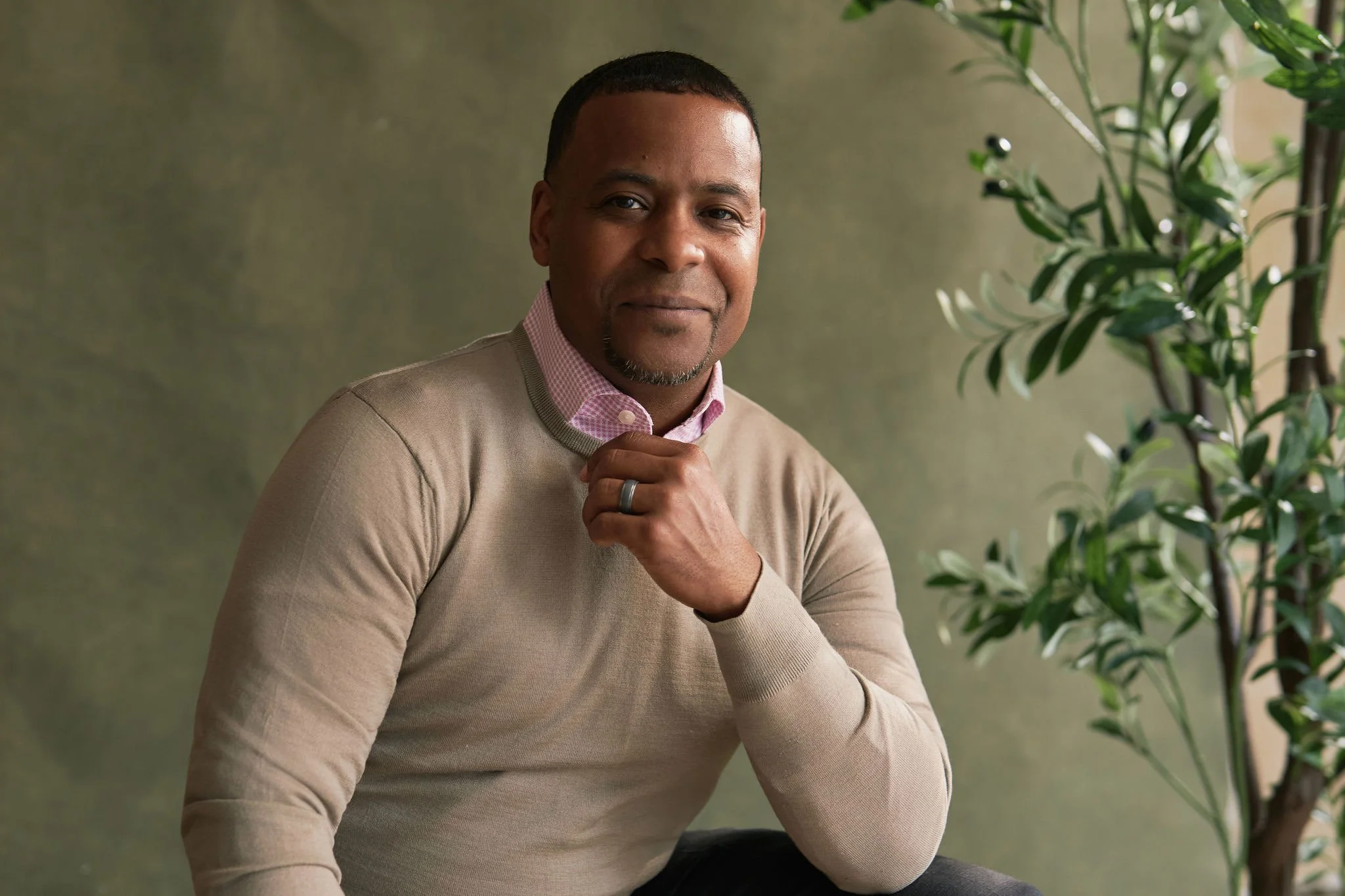The Stillness of Power: What It Means to Be the King
In a culture obsessed with speed and spectacle, we’ve forgotten the kind of leadership that endures quietly at the center.
By Germar Reed
“He was the axis of the empire. The army marched in his name, the crown bore his weight, yet he moved only when all others had failed.”
— On Marcus Aurelius, Emperor of Rome
In every system, in every group, in every crisis, there is someone who cannot fall.
This is not always the person in the spotlight, nor the one with the loudest title. But they are the axis. If they collapse, the board collapses with them.
We call them Kings, not in the literal sense, but in the archetypal one. They are not always the strongest or the fastest. Their power lies not in motion, but in meaning. They are the ones who hold the center. And they do it quietly.
Their movements are few. But when they do act, everything turns.
The Center That Holds
In chess, the King moves one square at a time, yet the entire game revolves around him. He cannot move hastily. He cannot afford panic. His power is presence, not noise. And that presence, though often unglamorous, is essential. Without it, the game ends.
This kind of stillness is out of fashion in our current culture, where visibility and velocity are mistaken for strength. But the King archetype offers an alternative model of leadership: one rooted in endurance, clarity, and emotional containment.
Marcus Aurelius, Roman Emperor and Stoic philosopher, embodied this balance. He did not seek war. He did not crave power. But when the empire threatened to fracture, from invasion, rebellion, disease, he held the line. Not with theatrics. Not with speeches. But through quiet, almost grim, consistency.
He remained. And in that stillness, there was power.
The Weight of Being Essential
To be essential is to be alone.
Kings, by nature, are often isolated. People depend on them, but rarely understand them. They become the final line of defense, the emotional and structural center. They are not praised for this. They are simply expected to endure.
This is not the kind of leadership most people seek. It comes with no glory, only gravity. It demands containment instead of command, restraint instead of reaction.
And in a world flooded with opinion, urgency, and spectacle, the King must move slowly, not because he is slow, but because he is watching everything at once.
He sees what others don’t.
Not just the conflict, but the consequence.
Not just the moment, but the momentum behind it.
The Power of Stillness
There’s a kind of perception that only comes through stillness.
While others leap forward, Queen-like, Knight-like, the King watches the whole board. He sees the cracks in the wall before they crumble. He notices which patterns repeat, which silences matter, which betrayals are on the horizon.
Leadership at this level isn’t about being the loudest voice. It’s about absorbing complexity. And when done right, it looks like nothing is happening at all.
Emperor Akbar of the Mughal Empire was said to wander his palace alone at night, tracing the stone walls with his fingers. His generals suspected madness. But those close to him knew: he was listening. The pulse of the kingdom didn’t live in war plans, it lived in balance. In the subtle signs. In the things others overlooked.
Stillness, at the highest level, is not inaction. It is attention.
When the King Stops Moving
Even this archetype has a shadow.
When the King stops moving, not from wisdom, but from fear, he becomes static. The stillness that once gave him sight becomes paralysis.
Worse, the world often rewards this paralysis. It calls it “patience” or “poise,” even when it’s really fear. And because the King cannot show vulnerability, he hides it behind the weight of the role.
He may even begin to believe the illusion of his own invincibility.
And in that belief, he becomes brittle.
History gives us cautionary tales. King Saul, the first monarch of Israel, began with favor but faltered out of fear. Afraid to lose control, he made reckless decisions disguised as piety. He stopped leading long before he lost the crown.
The modern version is subtler. It looks like the executive who can’t delegate. The father who never shows emotion. The leader who waits too long, speaks too late, moves only after everything has begun to break.
This is not stoicism. It’s stagnation.
The Leadership We Overlook
We don’t often write songs about the leader who held back. We rarely celebrate those who prevented catastrophe by moving before it became visible.
And yet, this is where real leadership lives.
George Washington could have taken the crown. Twice. But he refused. Not because he lacked ambition, but because he understood what leadership requires: presence without possession. Power without permanence.
To lead as the King is to be the thing others anchor to, not the one who takes the hill, but the one who holds the valley. It is unglamorous work. But it is the difference between a system that survives and one that splinters.
Hidden Kings
Not all Kings sit on thrones.
Some manage teams quietly. Some raise children while holding the emotional infrastructure of a household. Some walk through daily life absorbing more than they share, because they know if they fall, others fall too.
You can often spot them not by how they speak, but by how they stay. When others scatter, they remain. When others shout, they listen. When others fall apart, they become the gravity in the room.
These are not the charismatic few.
They are the consistent ones.
And if you're reading this and feel the pull, the responsibility no one asked you to carry, the weight no one else seems to notice, perhaps you are one of them.
You may not yet call yourself a King.
You don’t need to.
Just stand.
The board already knows.
Next in the Archetype Series: The Queen — Motion, Magnetism, and the Power of Precision
If the King is the center, the Queen is the current. She moves with speed and strategy, wielding power not through stillness, but through presence in motion.
Stay tuned.
About the Author
Germar is a strategist, storyteller, and student of archetypes. He writes at the intersection of leadership, emotional intelligence, and symbolic power, seeking not to impress, but to illuminate.
His work draws from myth, philosophy, and the quiet disciplines of presence. He believes that true influence begins not with charisma, but with character. You can follow his work at GermarReed.com


